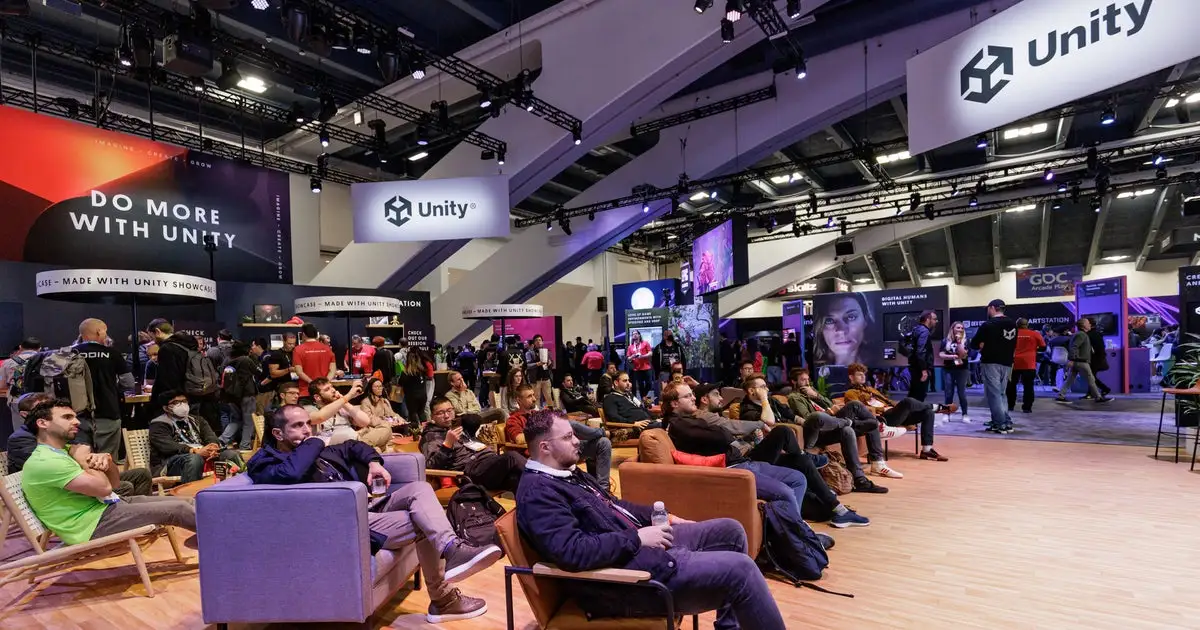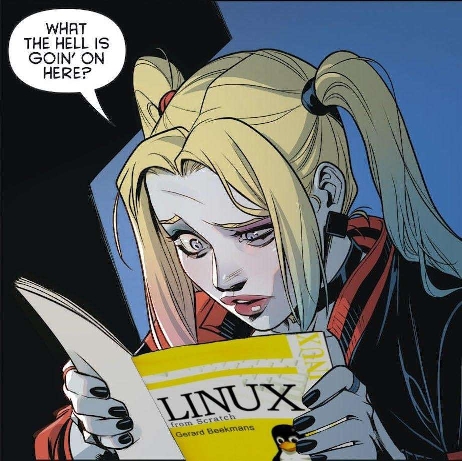It’s been almost a full week since Unity announced its controversial Runtime Fee, and the developer backlash continues.
Studios around the world have expressed concerns that the new fee – charging them every time their game is installed after January 1, 2024, providing they meet certain thresholds – threatens to jeopardise the health, or even existence, of their business. And despite subsequent statements from Unity, it’s still not entirely apparent how badly these businesses will be affected.
“The most ridiculous part of this fiasco is that the full effects of Unity’s decision on the business aren’t even clear,” says Ustwo Games chief creative officer Danny Gray. “We’re left astounded that an operation of that size can move forward with such ill-thought-out plans and are now scrambling to make amendments.”
I said it in another thread, but Unity has truly fucked the vendor-client relationship.
While it is a nightmare, you can work with a company that changes its prices and terms, but you absolutely can’t work with a company that pulls this level of BS.
It’s just not safe to have your company so dependent on a vendor that could tank it on a whim.
Pretty much the biggest mistake made due to greed is the decision to retroactively apply thr deals to already existing titles. Its one thing to neuter titles in the future, but another to fuck over everyone whose already committed to using it on a different TOS
Not a lawyer, but I feel like basing the fee on their internal guess on how many installs seems questionable. Surely some major jurisdictions would take issue with that and counting installs from before the new TOS towards the new threshold. Also their contradictory TOS terms at the very least would probably get them an expensive trial, even if they win it.
Yep. The insanity of thinking you could apply it retroactively to already licensed games was absurd.
If you tied it to a future main version release with features people wanted, you could absolutely get away with some light pushback that’s the usual grumbling on price changes, and a lot of developers would suck it up and move to the up to date engine anyways.
But when you try to pull the rug on people for stuff they’ve already been developing under previous terms, they’re going to seriously reconsider, and on stuff they already published makes it extremely hard to justify working with you again.
Yeah, that’s what burns the business relationship. Because now it’s not just “oh, Unity might screw me, and I’m investing in learning what could become a dead platform”, it’s “even if Unity doesn’t screw me now, they could randomly decide to screw me 10 years from now and retroactively charge me a king’s ransom”. That’s the stuff that has a permanent chilling effect on the whole platform.
The reason why Unity refuses to not make it retro-active is because they want money from Genshin Impact etc which already launched. If they don’t make it retroactive then the whole point of the change on their end is gone.
Core components… like operating systems and engines… this was the whole reason people open sourced in the first place. You start getting it in millions of devices and it is too much power for closed-source closed-license. The GPU drivers and WiFi drivers are often the ones who pave the paths away from open source.
Didn’t they see Hasbro trying the same thing? Sure, DnD itself is doing fine, but they lost the trust of third party publishers.
Could I get a digestible version of the dnd drama? I could never parse what was happening.
DnD 5e had a license for use that allowed 3rd party companies to make stuff for the game following specific rules, and they did so which of course helped with increasing the popularity of the brand. This license existed due to the backlash from players and 3rd party developers who did not like the 4e licensing which was ridiculously restrictive.
Then WotC/Hasbro decided they wanted more control and put out a draconian revision and also tried to invalidate the existing license using questionable legal logic that wouldn’t stand up in court, but would be cost prohibitive for the 3rd party companies to fight in court. This revision also included licensing costs that would drive 3rd party companies out of business. Then they did a revision that tried to make creating a virtual tabletop that could be used with DnD a violation to try and corner the market for WotC’s completely non-existent virtual tabletop.
Basically they tried to stop doing the thing they had in place for like a decade to milk an unrealistically high amount of money out of companies that were working with them and tried to force this on extremely short notice. So same thing as reddit and now Unity are doing.
Expect the next version of DnD to be a walled garden again like 4e was and most likely fade out of the public view again.
The true irony here is that TSR went bankrupt because they tried to mess with the community content licenses that were basically gentleman’s agreements at the time, allowing WotC to purchase D&D in the first place with 3rd edition. I hope they sell the property to someone that understands how to run that golden goose, without expecting unlimited growth.
Paizo. Been playing Pathfinder for years.
And it’s not just me right? This is similar. Revising existing licensing to squeeze more money out of people who already use their back end.
deleted by creator
They keep making it worse.
Every time it looks like it’s starting to calm down the idiot CEO comes out and makes a bunch of inflammatory comments and tells everybody it’s their fault for being confused or somebody actually asks for an exemption and they deny it on made up grounds.
It would actually be better if they just fired the CEO and try to blame everything on him. That is literally their only move at this point.
Is he the same guy who trash talk the employee a while back?In 2019, he said:
“Ferrari and some of the other high-end car manufacturers still use clay and carving knives. It’s a very small portion of the gaming industry that works that way, and some of these people are my favourite people in the world to fight with – they’re the most beautiful and pure, brilliant people. They’re also some of the biggest f*cking idiots,” Riccitiello told PG in the interview."
I … what? Clay is great for quick and cheap prototyping. What point was he even trying to make?
this is a wake-up call to this industry and any other industry enjoying a glut of “free” (as in beer) proprietary tools owned entirely by private (or worse: public!) organizations.
this will always be the result. every single time. if you think you and your industry are immune to getting bait & switched, you are very wrong.
chaining your livelihood to a for-profit organization is begging to eventually be extorted in this manner. greed is inevitable.
Ok so firstly it’s not free, people pay for it, and secondly you act like there’s an alternative. You use the products that are available, if there isn’t a free product available or the free product that is available isn’t very good you don’t have a choice.
For a long time Unity was basically the only game in town other the Source but that was very old no one really used it.
I’m more in favor of Godot, but Unreal/UDK has been a thing for a long while, so it’s not true that Unity was ‘the only game in town’ for a long time.
I’m not a lawyer, but this seems illegal, they can’t retroactively change licenses, imagine Microsoft decides that starting January 1st you need to pay them 20¢ each time you open the file explorer or each time you boot windows. They can’t just decide to change their pricing strategy for an existing product that people have already agreed to. They could make it that starting from version X that would be the price, because people with games already released or in the works can keep the current terms with the downside of not being able to update the engine, or even have a page where people can contact them to tell what is their current project so that projects that started before this date are not affected. But the way it’s being done feels like it should be illegal.
Somebody’s already asked some lawyers and they’ve already said it is illegal. Now we’re just waiting for somebody to sue them, but it’ll probably take a while because getting all of that paperwork sorted will take some time.
“Trust” won’t matter if they just continue writing new games in it.
Who would want to write new games for a company that can just screw you later?
Not just “can” but, from statements from the CEO, still plan to… just a little later.
Probably enough people to keep Unity afloat. Let’s be honest, who’s going to reskill their gamedevs to learn Godot or some other game engine? Decision makers will probably spend more money on trying to find ways around the problem than actually solving it aka using another game engine.
It’s what they do.deleted by creator
Some things you can’t take back, especially when as CEO you don’t even try to take it back but just indicate that they might scale some of its extremes back. For now.









